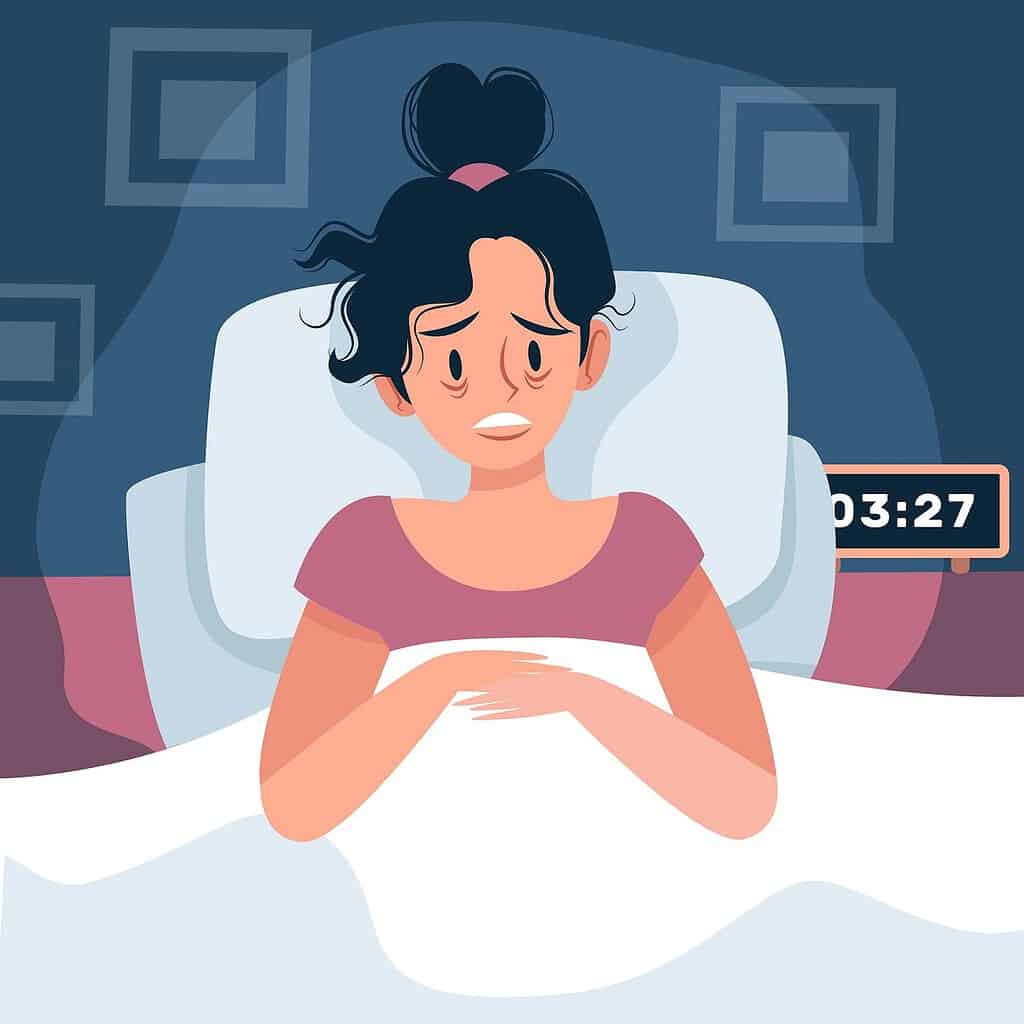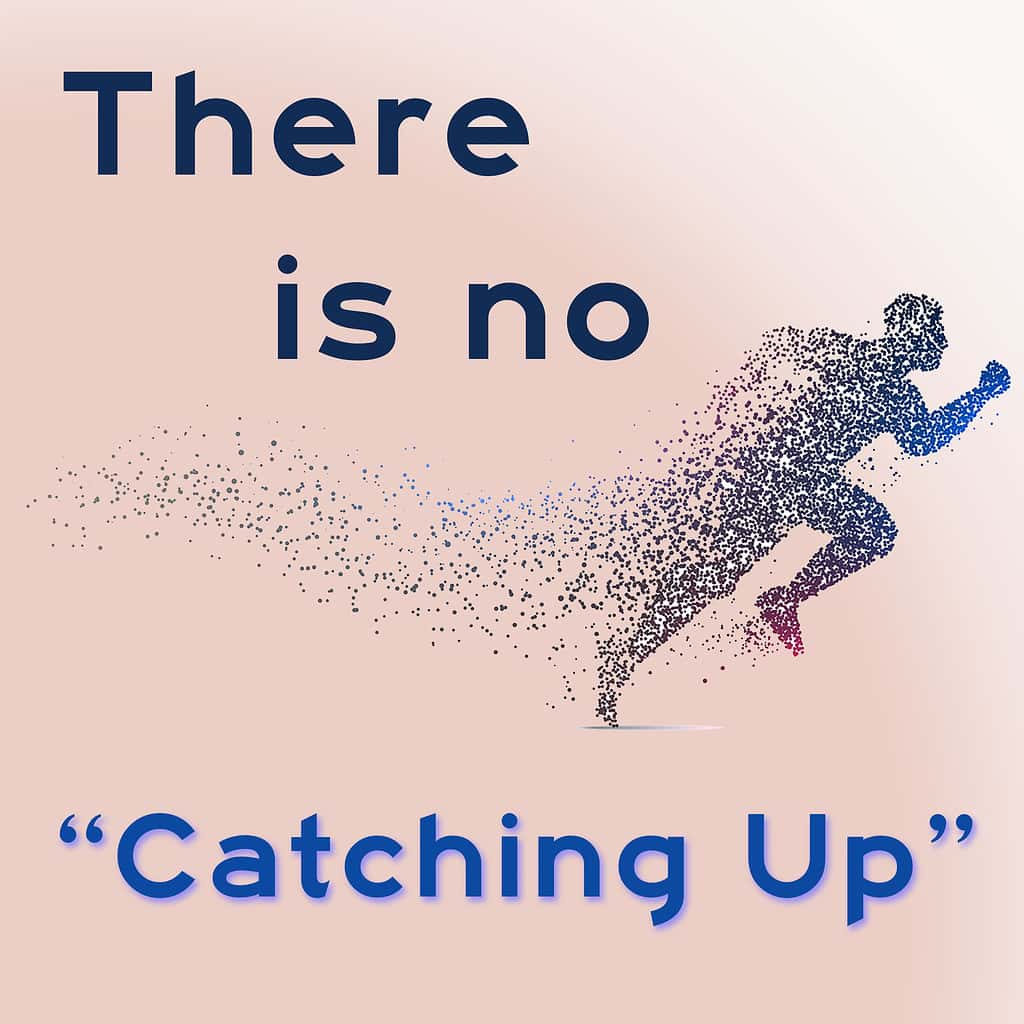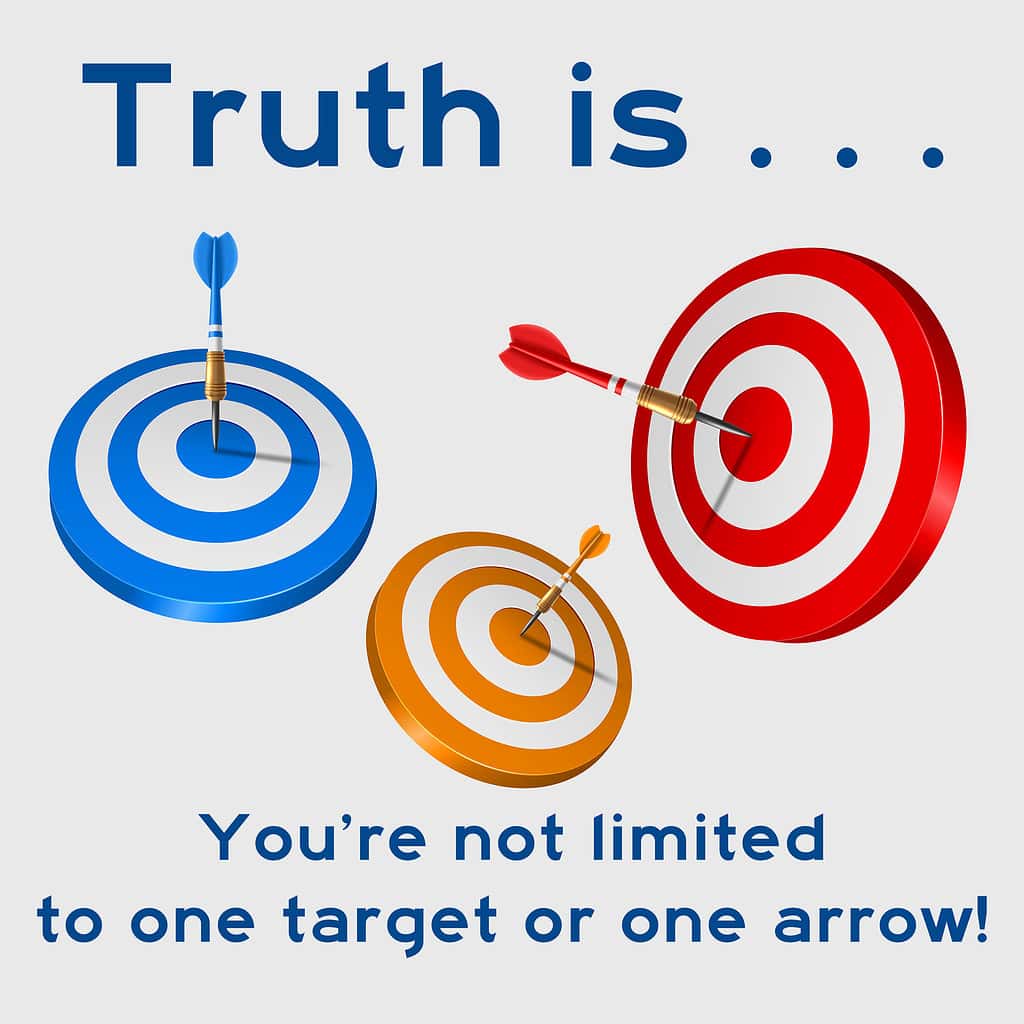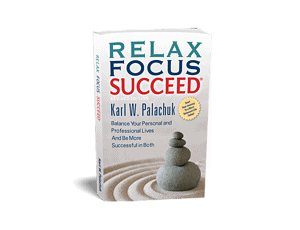
I was listening to the news the other day. For months now, the financial reporters have been discussing whether we’re headed for a recession. Some are 100% sure we are; others 100% sure we are not. Everyone else is in the middle just wondering what to do with their savings – if anything.
Human worry is a very interesting habit. It is clearly built in to what we are. I doubt that ants or birds or moles worry. BUT I have to admit: I think small rodents, antelopes, and jack rabbits worry a lot. Maybe “worry” isn’t the right word. They are consciously aware of dangers.
I think it’s really just humans who take a tiny probability and turn it into a neurotic, overblown fear that extends to hundreds of possibilities . . . that will never actually happen. One of my favorite quotes from Mark Twain is:
“I’ve had a lot of worries in my life,
most of which never happened.”
Some worry is good. When it’s a bit of caution, or a logical planning for the future, “worry” can be good. But when we get carried away, we end up worrying too much about one thing, or we worry all the time about everything. That’s when worry no longer serves us.
Another great quote from Twain: “Worrying is like paying a debt you don’t owe.”
Here are a few tips to help determine whether worry is good for you at the moment. As with all advice that involves humans, you need to spend some time thinking about how this applies in your life.
One: Ask yourself the question, “How am I right now?” In other words, right now, in this place and time, is there any real danger? This helps to put worry in context. For example, regarding the economy. Right now, you have a job. And the unemployment rate is the lowest it’s ever been in your lifetime. So, the news about the economic worries might affect you one day. But right now, today, you still have your job.
Two: Sit in a Chair. In other words, meditation and mindfulness are very helpful. Mindfulness here means being aware of exactly what’s going right now. This habit is like a muscle that needs to be trained over time. So, when a moment comes that mindfulness and self-assessment are useful, you will have the skill available to you.
You can’t really practice mindfulness in the moments when you are freaking out. You need to practice it before that, so you know how to do it. I recommend trying to meditate at about the same time every day. There are many great apps you can get to help you start. But, really, you just need to sit in a chair and close your eyes for five minutes. Then ten. And eventually more.
Mindfulness will eventually help you reach the point where you can look at your self and your circumstances from a more objective perspective. It’s often described as looking at yourself from the outside or from above. I find it extremely helpful for managing pain. I see the pain as being just a thing, and I can analyze whether I’m “suffering” or just experiencing pain. Fear is very similar. It’s useful to see the fear as something other than a part of you.
Three: Be rational. I fully admit that this is the least effective advice ever given about worry – even though it might be the best advice. Consider fear of flying. There’s about a one percent chance that you will die in a car accident. The probability of dying in an airplane crash is so small, it is almost impossible to calculate.
IF you can bring yourself to consider the reality of your fears, it might help. Having said that, most people who start down the road of over-analyzing their fears don’t spend a lot of time calculating these odds. But you could!
Four: Keep a Log. If you keep a log, or journal, of your fears, this is really a combination of all the other advice here. For example, you can write down all the worries that pop into your head. Then make some notes about whether the worrying was fleeting, short-lived, or lasted more than an hour. You might even go back to yesterday’s entry and make a note if any of the worries or concerns that actually happened.
If the great psychologist and philosopher Mark Twain is correct, you’ll see that almost nothing you worry about ever actually comes to fruition. Like so many things in life, we need to keep worry in its place. And its place is not to be a major part of your life!
Think of worry like a good spice: A little worry goes a long ways.








